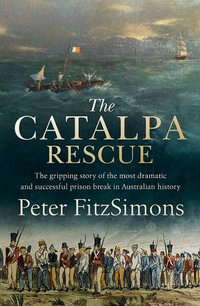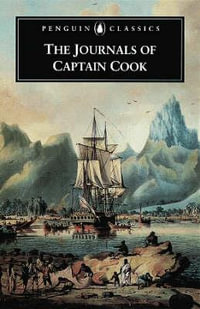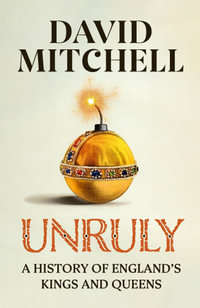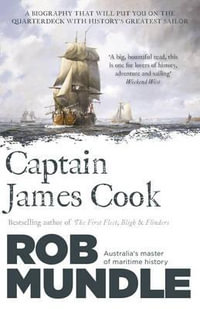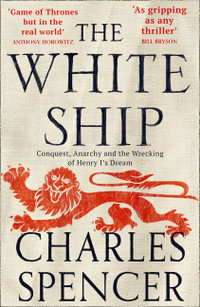"On an Irish Island" is a love letter to a vanished way of life, in which Robert Kanigel, the highly praised author of "The Man Who Knew Infinity" and "The One Best Way," tells the story of the Great Blasket, a wildly beautiful island off the west coast of Ireland, renowned during the early twentieth century for the rich communal life of its residents and the unadulterated Irish they spoke. With the Irish language vanishing all through the rest of Ireland, the Great Blasket became a magnet for scholars and writers drawn there during the Gaelic renaissance--and the scene for a memorable clash of cultures between modern life and an older, sometimes sweeter world slipping away.
Kanigel introduces us to the playwright John Millington Synge, some of whose characters in "The""Playboy of the Western World," were inspired by his time on the island; Carl Marstrander, a Norwegian linguist who gave his place on Norway's Olympic team for a summer on the Blasket; Marie-Louise Sjoestedt, a Celtic studies scholar fresh from the Sorbonne; and central to the story, George Thomson, a British classicist whose involvement with the island and its people we follow from his first visit as a twenty-year-old to the end of his life.
On the island, they met a colorful coterie of men and women with whom they formed lifelong and life-changing friendships. There's Tomas O'Crohan, a stoic fisherman, one of the few islanders who could read and write Irish, who tutored many of the incomers in the language's formidable intricacies and became the Blasket's first published writer; Maurice O'Sullivan, a good-natured prankster and teller of stories, whose memoir, "Twenty Years A-Growing," became an Irish classic; and Peig Sayers, whose endless repertoire of earthy tales left listeners spellbound.
As we get to know these men and women, we become immersed in the vivid culture of the islanders, their hard lives of fishing and farming matched by their love of singing, dancing, and talk. Yet, sadly, we watch them leave the island, the village becoming uninhabited by 1953. The story of the Great Blasket is one of struggle--between the call of modernity and the tug of Ireland's ancient ways, between the promise of emigration and the peculiar warmth of island life amid its physical isolation. But ultimately it is a tribute to the strength and beauty of a people who, tucked away from the rest of civilization, kept alive a nation's past, and to the newcomers and islanders alike who brought the island's remarkable story to the larger world.
Industry Reviews
"Wonderfully vivid . . . A remote setting, a handful of young visitors, a collection of colorful locals, an ancient language and a story that spans half a century: These are but a few of the elements that make Robert Kanigel's On an Irish Island an exuberant and delightful book. . . . It can be read as an erudite primer to the [literary] works of the islanders; as a beautifully assured ensemble biography; and as a large-scale portrait of a remarkable time in the history of the Great Blasket and the wider world. Yet it is, above all, a compelling tale of ordinary--and often enviable--lives in an extraordinary setting."--Karin Altenberg, The Wall Street Journal "Deliciously hones in on the 'singularly severe glory' of the Blasket Islands off the west coast of county Kerry."--Katharine Whittemore, The Boston Globe "Tells a fascinating piece of history . . . [Nowadays], what's gone is the whole concept of village life, without television, iPads or Beyonce. There's no point in posing questions about where such a life went, or whether we can get it back. But now, at least, we've got this lovely book."--Carolyn See, The Washington Post "It is the interaction of the natives and the visitors that fascinates Kanigel, and he tells the story of the community's last decades through the succession of visitors, beginning with the playwright John Millington Synge. . . Affection for the place and its culture is something Kanigel first admires and then comes to share, and he makes his reader envy those tough, resourceful islanders."--Malcolm Jones, The Daily Beast "Kanigel avoids pushing any thesis about the advantages of premodern life, and instead points out the glories of the island and its inhabitants."--Rachel Nolan, The San Francisco Chronicle "Robert Kanigel has written a tender paean to a lost world that called him out of his own time. On a bleak, treeless island, he unearths a buried linguistic treasure." --Dava Sobel, author of Longitude and Galileo's Daughter "A mesmerizing interplay of lives and socio-historical contexts . . . The portraits in this book are classic Kanigel: lively, sympathetic and thoroughly engaging. Yet what makes the narrative so affecting is the loss that permeates the text. As cultures like those on Great Blasket continue to be destroyed by the march of progress, so too are our connections to a simpler, more personally fulfilling way of living." -Kirkus Reviews, (starred) "[An] impressively researched, greatly inviting history of the curious-minded men and women who, in the early twentieth century, came from mainland Ireland and elsewhere to reside on the Great Blasket for a while, to absorb the slower way of Irish customs before the advent of electricity and other aspects of fast-paced contemporary life."--Brad Hooper, Booklist

